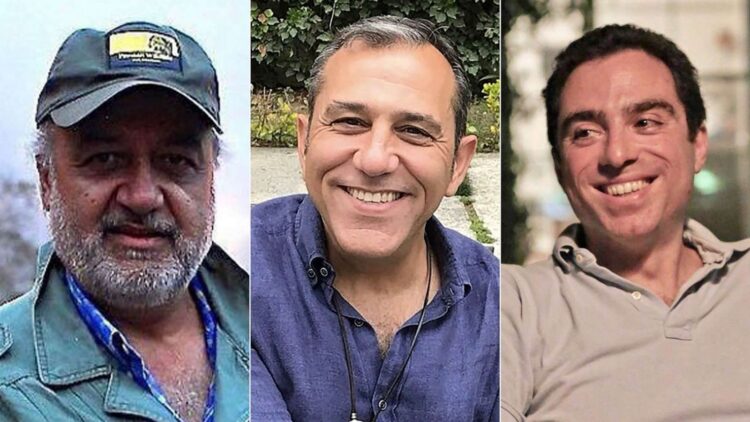he United States has officially approved the transfer of $6 billion in frozen Iranian funds from South Korea, marking a crucial step in facilitating the release of five American citizens detained in Tehran. The long-negotiated deal involved the release of these US citizens from prison, placing them under house arrest, with their departure contingent on the transfer of funds to an account in Qatar.
US Secretary of State Antony Blinken has informed Congress that he signed a waiver designed to shield banks involved in the fund transfer from US sanctions, underlining the importance of this step in securing the release of the detained Americans. The Biden administration has stipulated that Iran can only use the funds for purchasing essential humanitarian goods, a condition disputed by Iran.
While emphasizing that US sanctions on Iran remain in place, a State Department spokesperson reiterated their commitment to countering Iranian human rights abuses, destabilizing actions abroad, support for terrorism, and involvement in Russia’s conflict with Ukraine.
Meanwhile, Iran’s foreign ministry spokesman, Nasser Kanani, expressed optimism that the transfer of funds would be completed soon, allowing Iran access to its assets. The official IRNA news agency reported that five Iranians would also be released from the United States as part of the exchange.
These American citizens had been held in Iran for nearly eight years, all of them being of Iranian descent, although Iran does not recognize dual nationality.
This development comes as the Biden administration seeks to restore the 2015 nuclear agreement, which has faced challenges due to disagreements over the lifting of sanctions unrelated to the nuclear program. Despite these efforts, President Biden acknowledged the agreement’s status as “dead.”
The release of funds and prisoners could coincide with the anniversary of the death of Mahsa Amini, sparking protests in Iran last year. However, President Biden and Iran’s President Ebrahim Raisi are not expected to meet during the UN General Assembly in New York.
Critics, particularly Republican rivals, have criticized the fund transfer, characterizing it as a “ransom payment” to a state designated as a sponsor of terrorism. They argue that this move may incentivize adversaries to engage in future hostage-taking. The Biden administration, in response, maintains that the priority is securing the release of Americans and asserts that the funds already belong to Iran.
The five Americans set for release include Siamak Namazi, Morad Tahbaz, Emad Sharqi, and two others who wished to remain anonymous.






